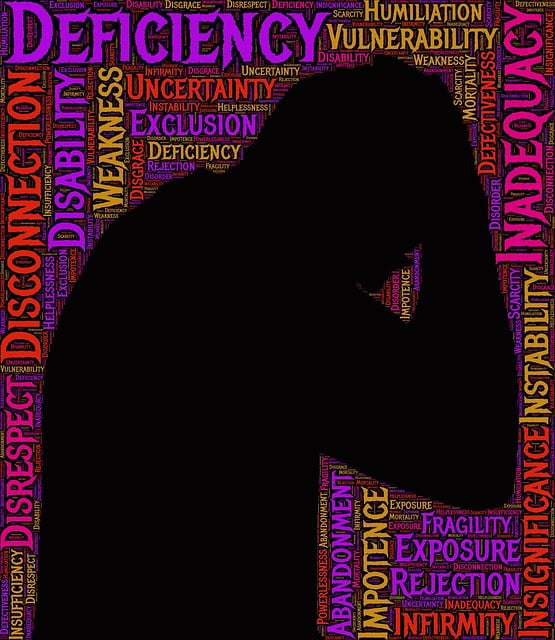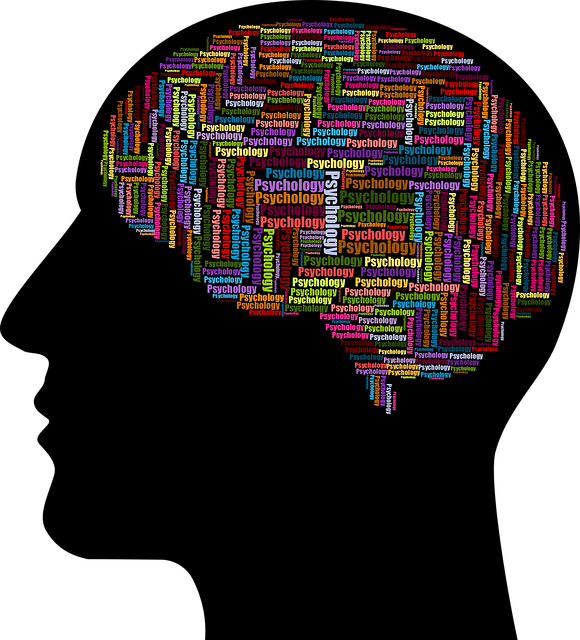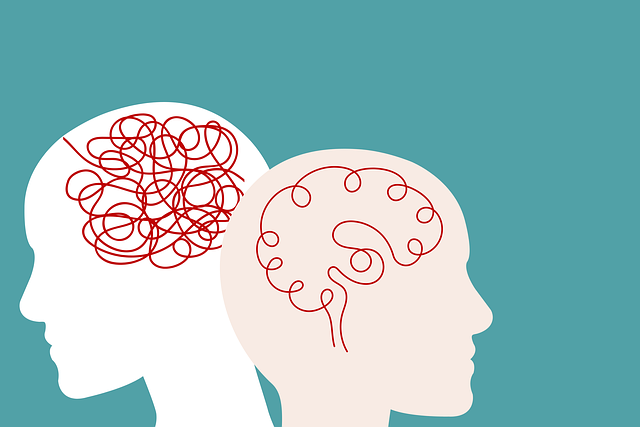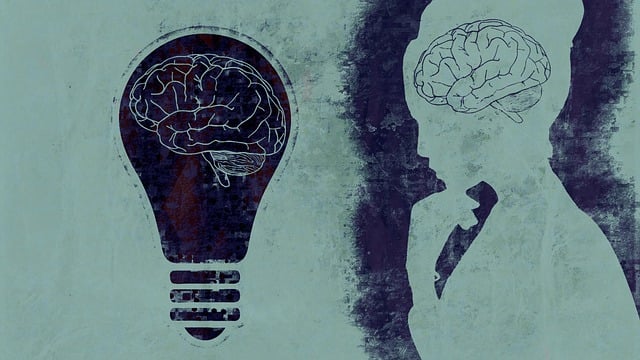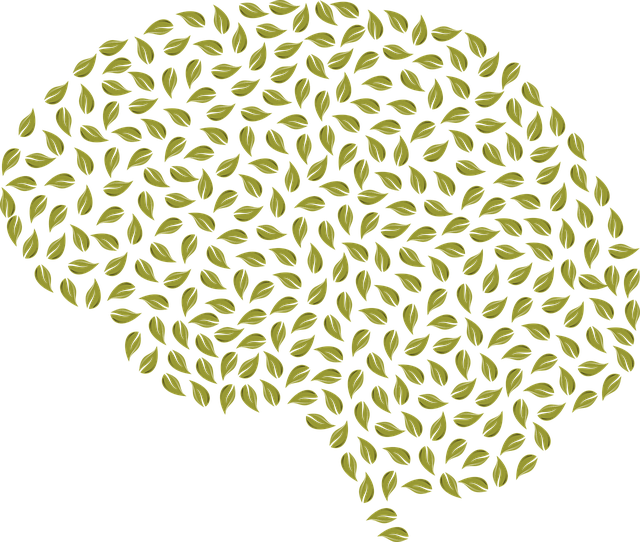The text highlights the significant impact of stigma on individuals with mental health conditions, particularly Adult Conduct Disorder (ACD), hindering access to therapy and care. It emphasizes the need for mental health awareness campaigns, educational resources, and personal stories to normalize conversations. Through collaborative efforts between professionals, organizations, and community engagement, innovative approaches like mindfulness meditation and resilience-building workshops can break down barriers, foster understanding, and enhance therapy outcomes. Therapy serves as a powerful tool for ACD management, offering evidence-based techniques to address underlying causes and improve coping skills, challenging societal stigma and promoting better mental health outcomes.
Mental illness stigma, a pervasive barrier to treatment, continues to burden individuals and communities worldwide. This article explores comprehensive strategies to reduce this societal scourge. We delve into the root causes of mental health stigma, its profound impact on affected individuals, and effective approaches within healthcare settings. Additionally, we highlight community engagement and education as powerful tools for change. Moreover, we focus on the role of therapy in treating adult conduct disorder, a complex condition, and its potential to combat associated stigma.
- Understanding Mental Illness Stigma: Causes and Impact
- Strategies for Reducing Stigma in Healthcare Settings
- Community Engagement and Education for Stigma Reduction
- The Role of Therapy in Treating Adult Conduct Disorder and Stigma
Understanding Mental Illness Stigma: Causes and Impact

Stigma surrounding mental illness is a pervasive issue that often prevents individuals from seeking help and understanding their conditions. This societal bias can stem from various factors, including misinformation, fear of the unknown, and historical misconceptions. Mental health awareness campaigns play a pivotal role in combating these stereotypes by providing educational resources and sharing personal stories to normalize conversations around mental wellness.
The impact of stigma is profound, affecting individuals’ willingness to discuss their struggles openly. Many face judgment, discrimination, or even ostracization, which can exacerbate existing symptoms and hinder access to effective treatments like therapy for adults with conduct disorder. Stress management workshops and mental health awareness initiatives aimed at communities can be powerful tools to break down barriers and foster an environment where people feel safe to explore and manage their mental health proactively. Additionally, the production of engaging mental wellness podcast series can provide valuable insights and support, reaching a wide audience through accessible storytelling.
Strategies for Reducing Stigma in Healthcare Settings

Reducing stigma in healthcare settings is a multifaceted approach that requires a concerted effort from professionals and organizations alike. One effective strategy involves education and training for healthcare providers, ensuring they are equipped to handle mental health issues with empathy and understanding. This includes learning about various disorders, such as Conduct Disorder in adults, and implementing evidence-based practices like Conflict Resolution Techniques to foster supportive interactions.
Additionally, integrating practices like Mindfulness Meditation and Resilience Building into therapeutic frameworks can create a more welcoming environment. These techniques promote self-awareness and emotional regulation, empowering both patients and caregivers to navigate challenges with enhanced coping mechanisms. By embracing such innovative approaches, healthcare settings can contribute significantly to stigma reduction and improve overall mental health outcomes.
Community Engagement and Education for Stigma Reduction

Community engagement plays a pivotal role in reducing the stigma surrounding mental illness. By fostering open dialogues and raising awareness, communities can dispel myths and promote understanding. Educational initiatives, such as workshops, seminars, and peer support groups, empower individuals to recognize the signs of mental health struggles and offer support without judgment. These efforts are instrumental in creating an environment where those affected by conditions like Adult Conduct Disorder can access therapy and receive the care they need.
Furthermore, community engagement enhances resilience building and coping skills development. Through collaborative efforts, mental health professionals can implement Risk Management Planning to ensure safe and supportive interactions with individuals facing stigma. By integrating evidence-based practices and strategies, communities can foster a culture of empathy and acceptance, ultimately reducing barriers to accessing mental health services for those in need, including adults with Conduct Disorder.
The Role of Therapy in Treating Adult Conduct Disorder and Stigma

Therapy plays a pivotal role in addressing Adult Conduct Disorder (ACD), offering valuable tools to manage symptoms and reduce stigma associated with mental illness. For individuals struggling with ACD, professional counseling provides a safe space to explore underlying causes, often rooted in childhood trauma or environmental factors. Through various therapeutic approaches, such as cognitive-behavioral therapy (CBT) or dialectical behavior therapy (DBT), adults can learn effective coping mechanisms and gain insights into their behaviors.
One of the key aspects of therapy for ACD is crisis intervention guidance, teaching individuals how to navigate high-stress situations without resorting to destructive conduct. Additionally, therapists help patients develop confidence-boosting strategies, encouraging self-acceptance and positive self-talk. The focus on communication strategies within therapy empowers those with ACD to express their needs assertively, fostering healthier relationships and reducing social isolation. By addressing these aspects, therapy not only treats the disorder but also helps individuals regain control over their lives, challenging societal perceptions and minimizing the impact of stigma surrounding mental health issues.
Mental illness stigma reduction is a multifaceted effort that requires understanding, education, and community engagement. By implementing strategies discussed, such as enhancing healthcare settings’ inclusive practices, communities can foster an environment that supports those with mental health challenges. Specifically, therapy for adults with conduct disorder plays a crucial role in addressing underlying issues and reducing associated stigma. Through combined efforts, we can create a more accepting society where individuals receive the care they need without fear of judgment or ostracism.


